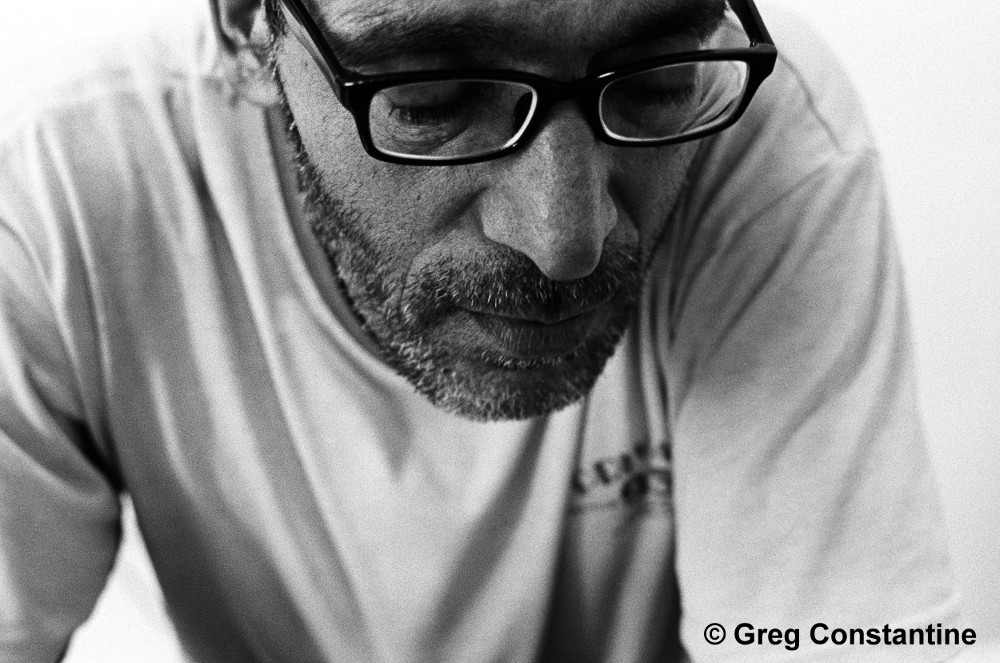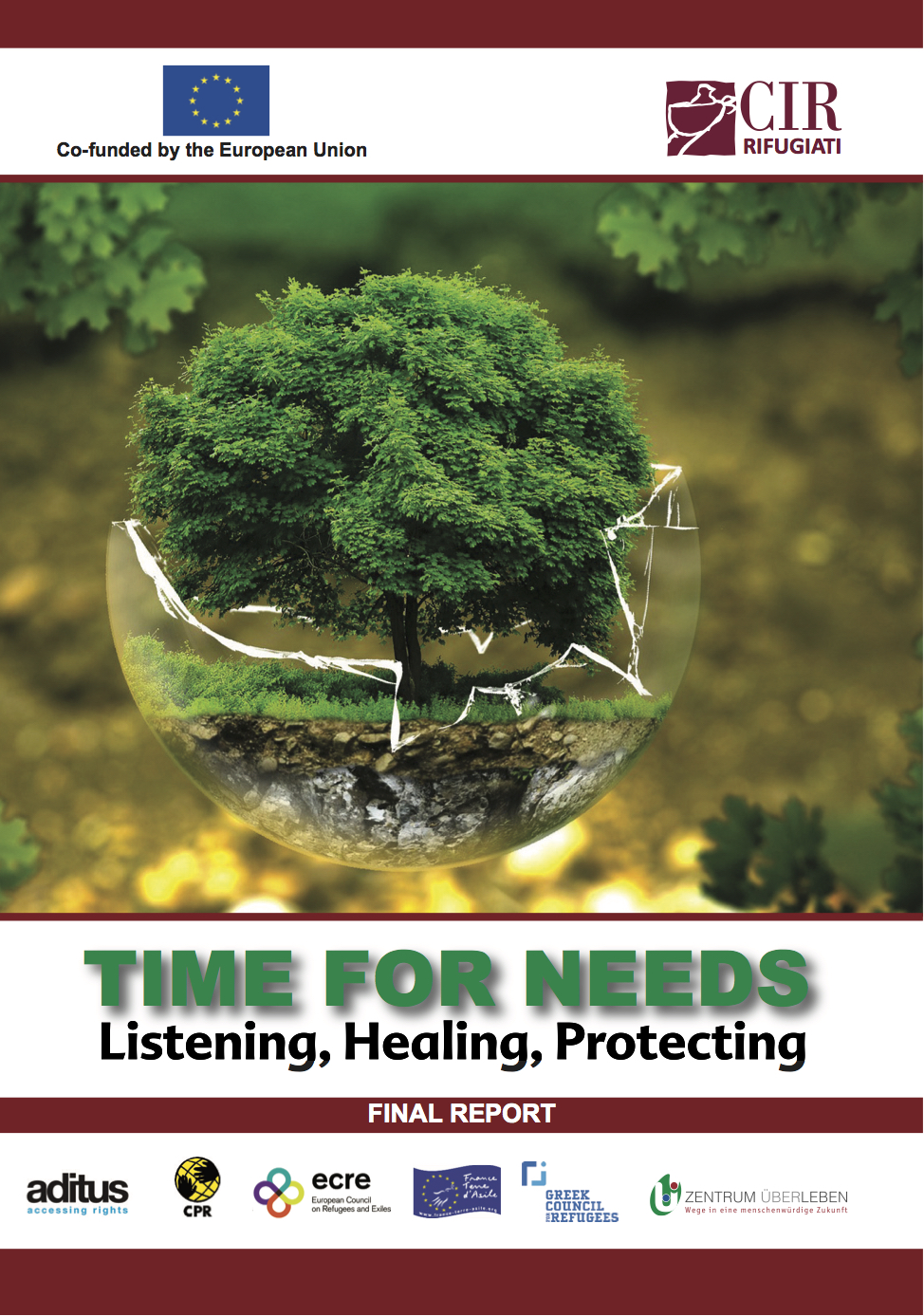Border Criminologies, managed by the Faculty of Law at the University of Oxford, published a guest post by Carla Camilleri, lawyer and the Assistant Director of aditus foundation.
Continue ReadingTag: torture
How to identify the needs of refugees victims of torture?
Time for Needs, a project with the objective of contributing to the identification of special needs of victims of torture and/or serious violence, came to a conclusion with a conference on 28 September 2017 in Brussels, aimed at disseminating project findings.
During the conference the project’s final report, that includes a questionnaire assessing the procedural, reception, health and social needs of victims of torture and/or serious violence, was launched. During this conference presentations from the project partners and representatives from MSF Italy, EASO, the Directorate General for Home Affairs, Medecins du Monde and the International Rehabilitation Council for Torture Victims looked at the current state of play of the implementation of the Common European Asylum System with regards to torture and the way forward for improving the protection of torture victims in law and practice.
The open discussions following the presentations elicited insightful perspectives from different actors and stakeholders about the obstacles, challenges and solutions for enhancing the protection and care of this vulnerable population.
The project’s report can be freely downloaded here containing an overview of national procedures for identifying the needs of refugees victims of torture and/or serious violence (where national procedures exist), and the Common Basic Standards for such identification, realised through the project.
The project was co-funded by the European Union.
Dr. Julian Caruana
Tools for identifying the needs of refugees survivors of torture
It is generally estimated that between 5 and 35% of asylum seekers are torture survivors.
Post Traumatic Stress Disorders can range from 20-40%, while depression rates can vary from 30-70% of refugee population.
In our work with refugees we often come across persons who have gone through terrible experiences, either at home or along their escape journey: torture, detention, rape, and other forms of physical or psychological violence. These harrowing experiences exacerbate the pain felt by refugees as they are forced to abandon their homes, at times leaving behind families, friends, histories and so much more.
Arriving and settling in their new homes then requires them to invest all their energies into reconstructing their lives within a personal and social context that is not always welcoming or friendly. Refugees suffering from trauma, or otherwise unable to access rehabilitation support, often struggle to start this reconstruction process, being unable to find or hold work or perform other tasks we would think basic and straightforward.
It is for this reason that the early identification of survivors of torture or other forms of violence – including sexual or psychological violence – is crucial to ensuring provision of effective and immediate support. This will help restore dignity to their lives, and allow for a smoother integration process.
At aditus foundation we don’t provide psychological, medical or psycho-social support to refugees. Instead, we refer to specialised services (including those provided by other NGOs), and ensure that our clients’ conditions are not an obstacle to their enjoyment of their fundamental human rights.
Specifically, we work with our clients to ensure they are able to recount their experiences during the asylum interview, and that the asylum process takes due account of their histories. We also support them as they try to obtain their documents, find work and start making Malta home.
Being an NGO focusing on advocating for better human rights laws and policies, we prioritise the need for Malta to establish procedures that identify refugee survivors of torture of violence, with a view towards directing them to the appropriate support services.
In the project Time for Needs, led by the REFUGEES, we are working with colleagues from Italy, Greece, Portugal, Germany and France to produce a set of materials to be used by States to identify the needs of refugees who have suffered such experiences.
What particular legal needs do they have? What form of accommodation structures are appropriate? How accessible are support services?
These aren’t easy questions to answer, but through discussions with our partners we are trying to inform a common European approach to their handling
The Time for Needs project will lead us to have discussions with Maltese stakeholders such as the Agency for the Welfare of Asylum-Seekers, the Office of the Refugee Commissioner, on how best they can fulfil their legal obligations to identify and provide for the special needs of refugees survivors of torture and extreme violence.
The project is co-financed by the European Union.
What support for refugees who are victims of violence & torture?
It is generally estimated that between 5% and 35% of asylum seekers are torture survivors.
Post-traumatic stress disorder can range from 20%-40%, while depression rates can vary from 30%-70% of the refugee population.
‘Time for Needs: Listening, Healing, Protecting | A Joint Action for an Appropriate Assessment of Special Needs of Victims of Torture and Violence’ teams us up with colleagues in Italy, Germany, France, Greece, Portugal and Belgium.
The project’s general objective is to contribute to the identification of special needs of victims of torture and of extreme violence, in particular women and children, related to the asylum procedures as well as the reception conditions.
Together with our partners, we’ll be interviewing national stakeholders, discussing identification and support systems with refugees.
We also aim to develop harmonized protection standards and practices for this vulnerable target group, including a practical tool for assessment of the needs of refugees who have been victims of torture or violence.
Visit the Project Page for further information.
The project is partly financed by the European Commission Directorate General Migration and Home Affairs.




